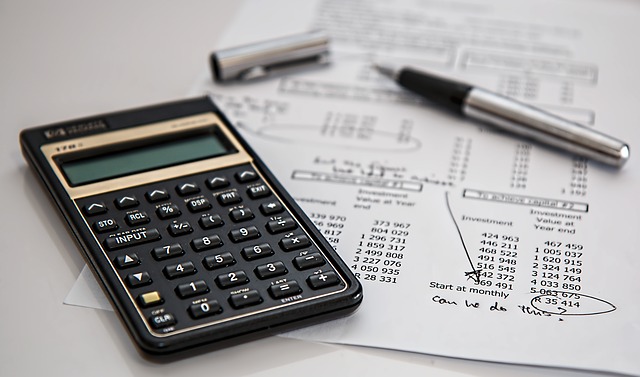Can You Get a Loan after Bankruptcy Discharge?
While it was a difficult decision to make, you determined that filing for a personal bankruptcy was the only practical way to get back on your financial feet. Now that the bankruptcy is discharged, what’s your next step? For many people, it’s starting to repair their damaged credit scores. A loan is one of the most effective ways to do that. But can you get loans after bankruptcy? The answer is yes, but it will require some effort on your part.
What to Expect From Bankruptcy Loan Lenders
Your lawyer already told you that your credit would be affected for some time after the bankruptcy was discharged. Your after-bankruptcy loan attempts will likely involve several features that people with good credit and no prior history of bankruptcy do not face. It’s a smart move to know about these features before you apply for any type of post-bankruptcy loans.
One of the first things you’ll notice about any after bankruptcy loan is the interest rate that applies. Simply put, loans for discharged bankrupts tend to carry rates that are higher than average. The point you should keep in mind is that even among high-risk lenders, there is competition. You can shop around and possibly find loans after bankruptcy that come with rates that are a lot closer to the current industry average.
Some of these loans will also come with additional fees. You may see some that require an application fee. Others may assess some sort of fee or charge every time you make a loan payment. There may even be charges if you manage to pay the loan off early. Knowing about these fees and how they affect the amount you ultimately repay is crucial.
Does the Lender Report Your Loan Activity?
You absolutely want to work with a lender of bankruptcy loans who will report the activity to one or all three of the major credit reporting bureaus. After all, the goal is to utilize the loan after bankruptcy to begin rebuilding your credit rating. The positive comments submitted by the lender will help your score to begin incrementally increase. Always ask the lender up front which credit bureaus they report to on a monthly basis. If the lender does not provide a direct answer, that’s a sign to seek a loan from a different lender.
Keep in mind that you want positive comments sent to the credit bureaus. If that’s going to happen, you must make sure you pay your installment payments on time every time. If possible, it never hurts to be one or two payments ahead. That safeguards the effort if you should encounter some sort of short-term financial bind and need to skip a month. Since you’ve already paid that month’s obligation in advance, the lender will not be sending negative comments to any of the bureaus.
Choose an Amount You Can Repay with Ease
Loans after bankruptcies can be used to help you get something that you need. Even so, your primary purpose may be to establish a new pattern of paying debts on time. If all you do with the loan funds is to place them in a savings account, that’s fine. What matters is that you pay on time every time.
To improves your odds of not encountering difficulties, choose a loan amount that comes with payments you can easily incorporate into your budget. Along with helping you build positive money management habits, you still see your score go up a little every few months. Many people see that a year or so of faithful payments helps to offset the affects of their bankruptcies effectively.
Do expect any bankruptcy loans to come with more fees and charges. That includes a higher interest rate. Make sure you choose a lender who reports your activity to the major bureaus. Pay your loan after bankruptcy on time without fail. After the loan is settled in full, you may find your score is high enough to command more favorable terms the next time.




